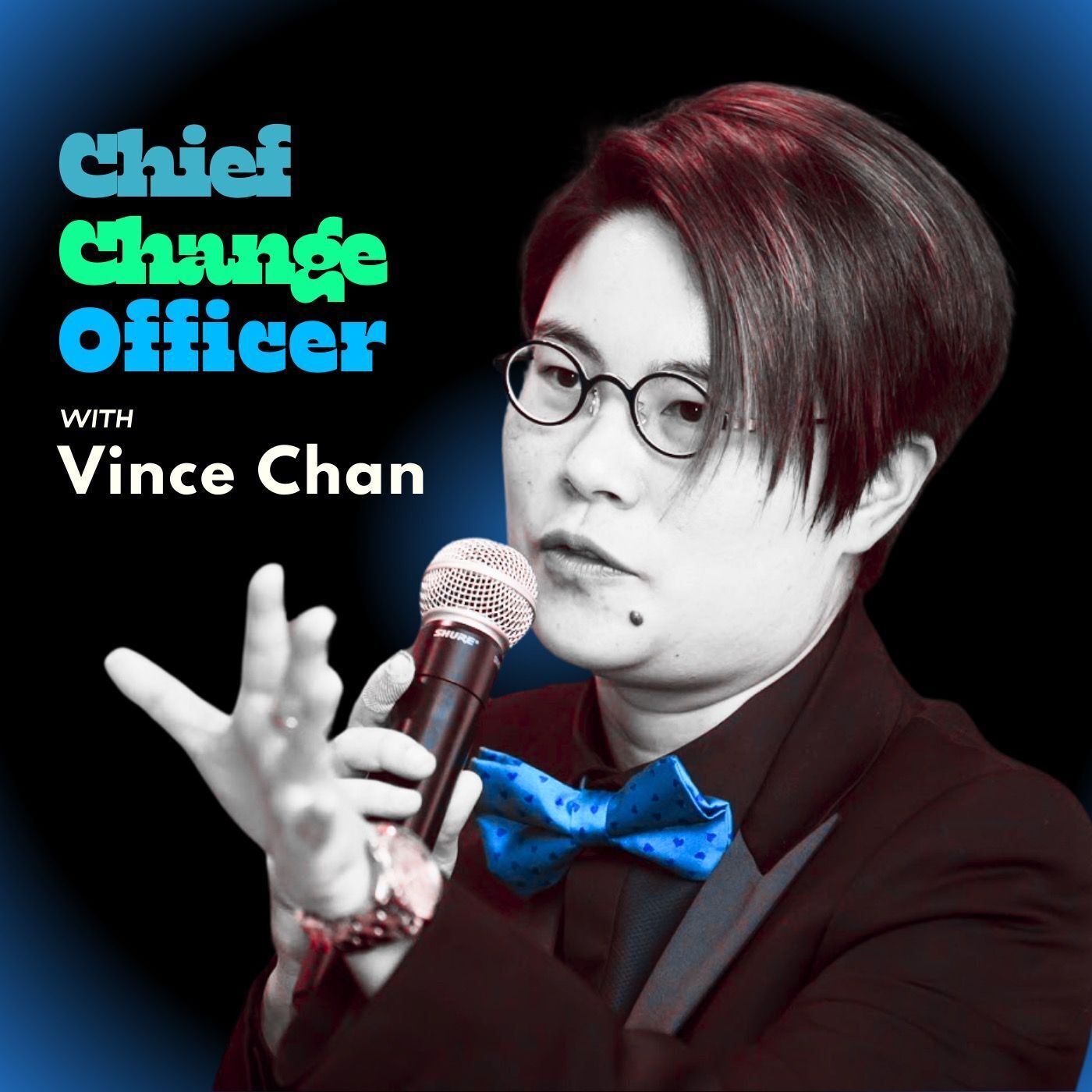#413 Jevon Wooden: From the Military to Mindset Mastery — Part One
Before Jevon Wooden became a business coach, author, and speaker, he was a 17-year-old on trial—facing up to seven years in prison. In Part One, Jevon shares how that moment became the turning point that led him to the military, and how the battlefield taught him about clarity, purpose, and emotional control.
This isn’t just a story about second chances—it’s about deciding who gets to write your next chapter.
Key Highlights of Our Interview:
The Moment Everything Changed
“I was 17, on trial, and scared out of my mind. That’s when I realized—I had to make a choice.”
The day that forced Jevon to take back control of his story.
Discipline with Direction
“The military gave me structure. But more importantly, it gave me a reason to use that structure.”
Why accountability means more when it’s personal.
Clarity Is a Weapon
“You need to know who you are before you can lead anyone else.”
How the battlefield shaped his inner compass.
The Power of Emotional Control
“I couldn’t afford to break down. Not in the middle of a mission.”
What combat taught him about staying steady when everything else isn’t.
Redefining Masculinity
“We were taught to suppress everything. But real strength is being able to handle your emotions, not hide them.”
Jevon’s take on emotional intelligence, especially for men of color.
_____________________
Connect with us:
Host: Vince Chan | Guest: Jevon Wooden
--Chief Change Officer--
Change Ambitiously. Outgrow Yourself.
Open a World of Expansive Human Intelligence
for Transformation Gurus, Black Sheep,
Unsung Visionaries & Bold Hearts.
EdTech Leadership Awards 2025 Finalist.
20 Million+ All-Time Downloads.
80+ Countries Reached Daily.
Global Top 1% Podcast.
Top 5 US Business.
Top 1 US Careers.
>>>180,000+ are outgrowing. Act Today.<<<
See Privacy Policy at https://art19.com/privacy and California Privacy Notice at https://art19.com/privacy#do-not-sell-my-info.
Press play and read along
Transcript
Transcript is processing—check back soon.





